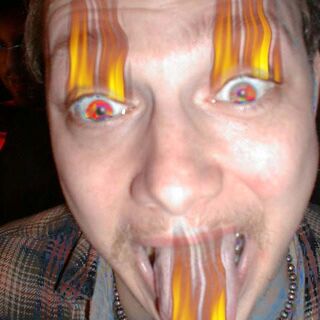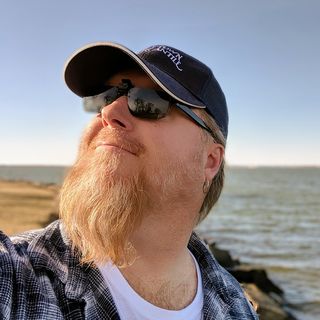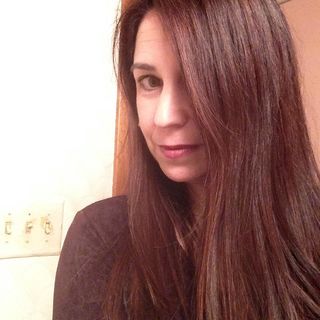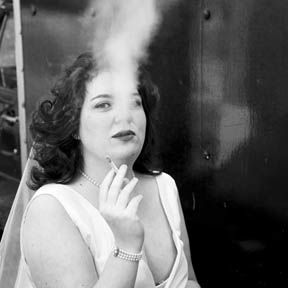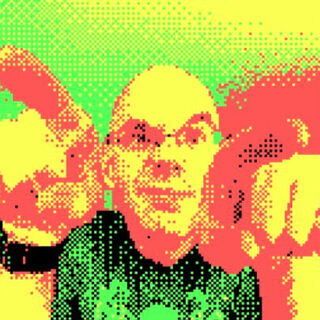 The Mother of Earthsea
2/22 '18
The Mother of Earthsea
2/22 '18
Ursula Le Guin passed away a few weeks ago. She was my favorite author.
To Mark her passing I read The Daughter of Odren. Set in the same world of Earthsea as her early fantasy novels.
In her later career Le Guin wrote two additional novels extending the Earthsea Trilogy that you may be familiar with. Both of these, to a greater or lesser degree, attempt to fix the world she created in her early books back when she was writing as - in her own words - "an imitation man. A pretty good imitation man."
A novel to fix the afterlife, a novel to fix the patriarchy. Well... the second one wasn't quite that tidy. And it was the better for being complicated.
The Daughter of Odren is a short story, rounded up to a novella for Amazon. But I like it much better than either of the late novels. It concerns the daughter of Lord Odren, a landholder in Earthsea who is forced to go to sea to fight Pirates who are destroying the economic life of the island. During his absence, his wife takes up with a sorcerer... or is bewitched by him. The sorcerer engineers the father's demise on his return.
A traumatized son and daughter flee to the house of a nearby farmer. The son leaves to master Wizardry and seek revenge. The daughter becomes the wife of the farmer and plots revenge on the sorcerer as well.
But when her brother returns, the wizards of Roke have convinced him that his mother was the real source of the evil, controlling the sorcerer and killing their father. It is easier for them to blame a witch than imagine that one of their own has gone bad. Of course, it is patronizing to assume she was not a willing co conspirator. Or even, perhaps, a witch...
What begins as a simple family story turns into a clever commentary on the patriarchy, and the daughter's choices are real choices: limited and personal, but meaningful. I could say more, but I hate reviewers who ruin the story.
I will miss her new words. I look forward to reading more of the old ones.
